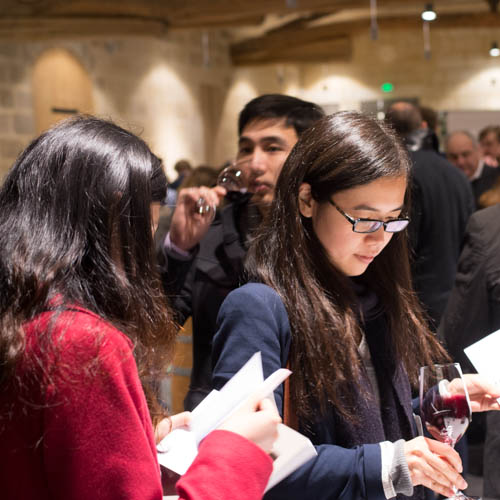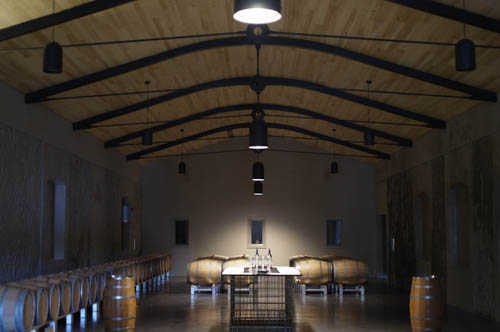by Wine Owners
Posted on 2016-06-10
There’s a clear division between 2015 En Primeur releases before Vinexpo Hong Hong and those that have been announced since. It begs the question, why?
It's not just that the bigger Chateaux are the ones releasing later. After all, many important names had released well beforehand.
The answer is what happened whilst the producers were in Hong Kong.
We understand that producers were taken aback by the demand they experienced this year at Vinexpo, and they boarded the flight home with bulging order books.
For every producer who wants to sell the new wines through En Primeur and recognises the importance of providing a future upside for buyers of non-physical stock, there are others who see a new opportunity within the changing global fine wine market.
Bernard Magrez was full of the joys of spring at Vinexpo Hong Kong, confirming he had sold out of his impressive Chateau Pape Clement in 40 minutes.
He was refreshing in his analysis, saying that he knew he’d left money on the table for the merchant and En Primeur buyer, which he saw as a positive for the property’s burgeoning reputation. Surely if you’re going to be part of En Primeur that’s the way to do it: body and soul.
Many others however have been eyeing life after En Primeur for some time, but have held back from backing one horse or another by the generally morose market conditions. With green shoots appearing over the last 12 months, few were in the mood to risk seeing them wither.
But what they experienced at Vinexpo may have shifted the balance further away from genuine, tangible broad-based support for En Primeur.
The Chateaux owners were surprised by the jump in orders experienced for their back vintages. There was a realisation that the wine market in China was coming back after 4 years of austerity and Party approbation.
The politics seem to be loosening up a touch, the consumer is spending again and contributing strongly to GDP growth, imports of luxury goods are steady (and proportionately performing better than exports).
Not that the Chinese buy En Primeur, there’s still almost no market there for it there, but with physical stocks in Bordeaux being soaked up by a sharp uptick in demand, it’s hardly surprising many producers are choosing to hold onto significantly more of the new vintage, so that they can serve the Asian market further down the line.

What a relief it must be to see all those accumulated bottles sell.
If it’s all heading towards producers being the stockholders and focusing on selling back vintages at premium prices, the one thing I’d say to them is, don't confuse the issue by using the En Primeur system as purely a promotional opportunity in the marketing calendar to get press and attention, if you don't care so much if any actually sells. It creates mixed messages.
I am super-impressed by what Palmer are doing in terms of developing sales channels worldwide, focusing on selling physical stock, staging stunning auctions through their negociant shareholder, creating a brand to rival the Firsts - but the En Primeur thing just muddies the water and undermines the brilliance of everything else.
If the recent Sotheby’s auction of Chateau Palmer in Hong Kong points the way to selling En Primeur by the barrel to high rollers with privileged access thrown in, I would surely go down that route as a producer too. The equivalent of £10,800 per 9 litres (12x75cl) before seller commission is simply amazing if you can get it.

“Chapeau”. I raise my hat to the Chateaux who go the full-on brand-building route and do it this well - but why risk the negative sentiment and comments that a perceptually very high En Primeur release price creates? There are simply too many foreseeable consequences: negative comments (mea culpa); anxious merchant emails to clients warning them off; negociants dropping prices during the course of the same day the release happens in a mildly desperate attempt not to be left with expensive stock that might/ will have to be written down; and static or lower secondary market prices that will make consumer buyers feel negative about the brand due to being under water ‘x’ years down the line.
With Asian appetite for Bordeaux on the rise once again, the moment may have arrived when more and more producers will respond to the shift in demand for primary market releases of back vintages by backing the new horse. It’s a complicated decision with a brew of old allegiances, dependent market structures, local friends, brand building, rising land values and a changing global market. Watch this space.

